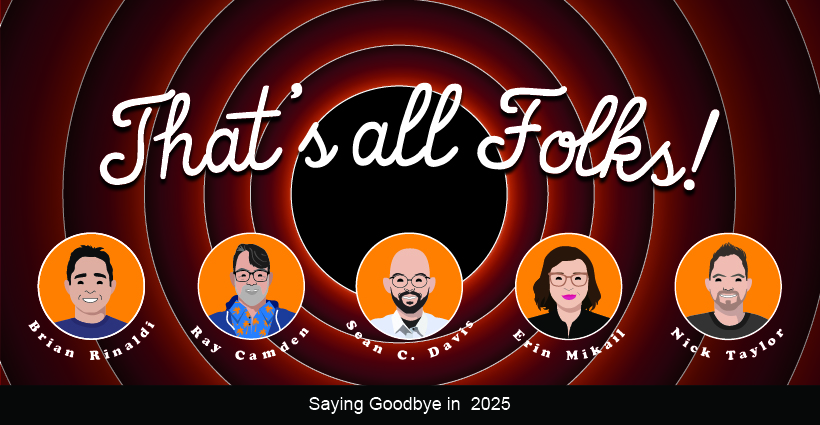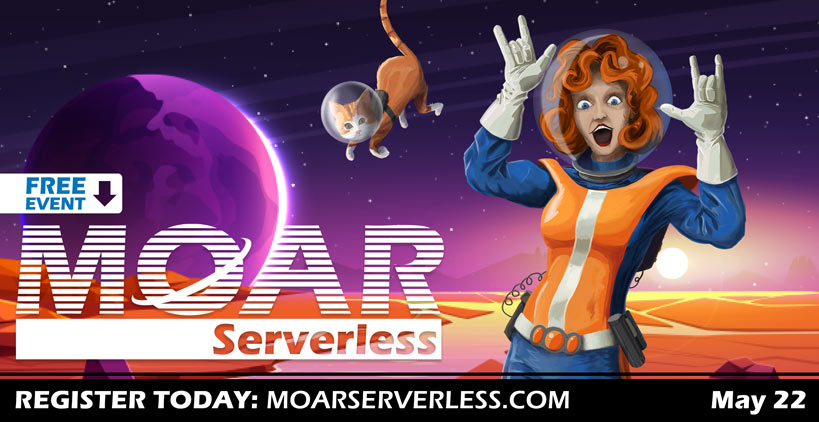Alicia Bendz: [00:00:00] Hello, my name’s Alicia, and I’ll be talking about work, hobbies, turning idle time into career growth. First, a little bit about me. I am a world traveler. I recently went to New Zealand. I have two cats named Callisto and Europa, named after the Galilean moons of Jupiter. And for my background, I am a senior software engineer primarily with experience using JVM Languages Spring Boot in AWS.
So, jumping into my definition of a work hobby, it is an optional activity you do at work in your spare time that you’re interested in and can result in meaningful contributions and career growth. Just like a regular hobby, it’s optional. Something you’re interested in, that you do in your spare time for work.
It means that there’s not [00:01:00] really any deadlines. It’s not part of your core work. If you make progress or don’t make progress, it doesn’t necessarily negatively impact your performance. When it comes to spare time, it’s things like, I have 30 minutes between two meetings, or I’m waiting 20 minutes for this build to finish.
Work. Hobbies can result in meaningful contributions, like improvements to your team or product, but they can also result in career growth by developing specific skills and providing examples that you can use in job interviews. I’ll go through a few examples. So the first one is writing end-to-end UI tests.
Now for me, I’m a backend engineer. And when I join a team with front end, while I’m not responsible for front end, I am interested in learning how the team specific front end works and the use cases we have for our customers. Writing end-to-end UI tests helps me learn the front end, learn the automation framework and get familiar with what the product does as I work on [00:02:00] these in my free time, a test case here and there every week or two.
I am able to increase the product quality and prevent bugs by adding automation to catch bugs before they go out. So this is a positive impact on my product in terms of my career growth. I continue to develop front end skills, learning more about the specific front end application that I’m working on, and also keeping up with whatever our new automation framework is out there.
Next example is debugging and operational tools. Let’s say you have an AWS application that uses services, maybe S3 SQS, simple Q Service with a DLQ for failed messages. And whenever you have an incident, you need to go into the console and manually download and retry messages. One thing that you can do is you can choose a language you want to learn and start working with a cloud SDK to automatically do [00:03:00] these manual actions like getting messages from A DLQ and retrying them.
You might also be able to write some additional logic to do debugging with other APIs. By writing a script like this, you’ll be able to help yourself and your team speed up debugging and retries, or fixing an operational issue in a quick and repeatable way, so you’re able to resolve issues faster for your own career growth.
You’re able to add a language to your resume and also add depth of knowledge in a specific set of cloud services. This can also help you in system design interviews with depth of knowledge in a specific type of technology. Final example is an engineering standards committee, also known as special interest groups or review committees.
This is an opportunity where you can network internally with a group of people and keep up to date with best practices in the area of the committee. [00:04:00] This might be security, API development or frontend accessibility standards. As you work through this, you’re able to impact the quality, not just on your team, but across the organization as a technical leader and making sure that the organization meets compliance or quality goals.
For your own resume, you’re able to add this as an example that shows communication and influence as well as depth in that domain area like security or accessibility. This is also a great example for behavioral questions in interviews.
What are some benefits? So just like I mentioned before, if you choose a work hobby that you’re interested in and strategically choose skills, you’ll be able to add those skills to your resume, like specific cloud services or specific languages. You can also create more examples of things you’ve done in your career to share in interviews and on your [00:05:00] resume.
You may be able to increase job satisfaction by working on something you wanna work on that has value for you and not just for the company. You’ll also find that when you work on work hobbies, you might be talking to people who you wouldn’t normally talk to, which helps you network internally, learn more about the company, and potentially find internal transfer opportunities.
Finally initiative. Initiative is a great quality to show both for your current and future employers to show that you’re able to work independently and show good judgment in terms of tips. Make sure that you check in regularly. Are you still interested? Is this something you can still do in your spare time?
And make sure it stays a hobby and not just more work on your plate. You don’t really want a second job. Avoid hard deadlines. As soon as you have a hard deadline, now it becomes again, a second job. [00:06:00] Soft deadlines are okay. Try to get something done by the end of the month. Maybe add a unit test once a week or once every two e two weeks.
That’s okay. Make sure to be reasonable. Start with one at a time. You might find that you get up to two or three at a time. Whatever works for you. But try not to create, uh, too much load on yourself and avoid contact switching. Finally, make sure you check in with your mentors and managers that you’re able to achieve the career growth and impact you want with your work hobby to make sure it’s valuable, um, and not perceived as a waste of time.
That’s it from me. Thank you for listening. You can find me on Blue Sky LinkedIn, or in the virtual coffee Slack. Thanks again.



